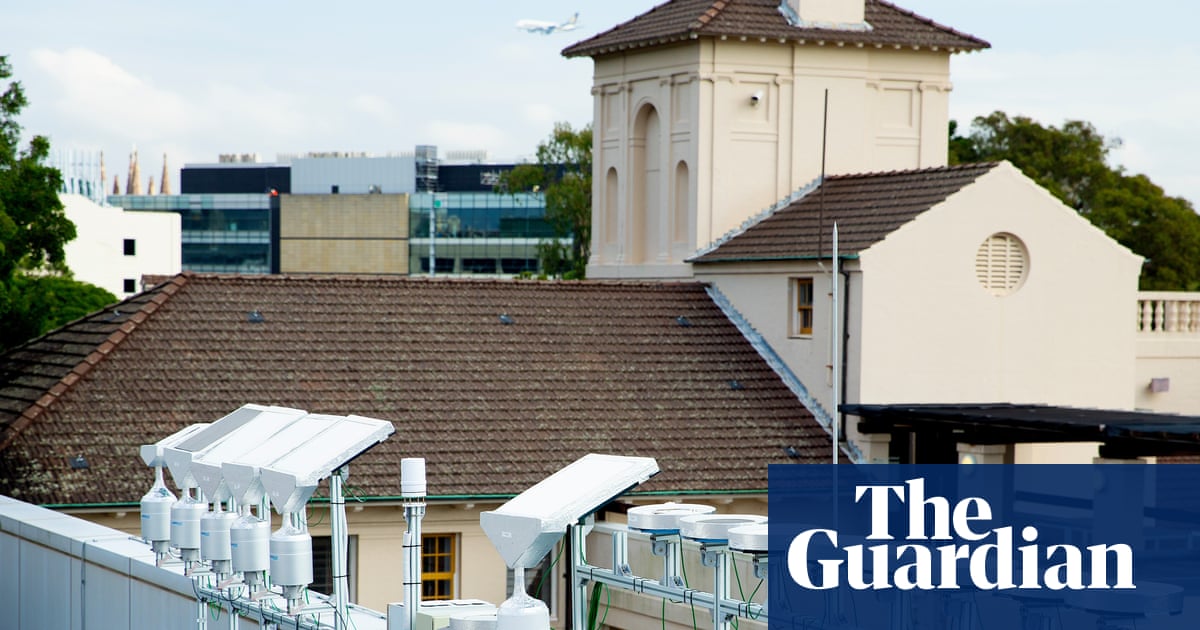A female entrepreneur says she has been left feeling “humiliated” after she and her eight-month-old baby were refused admission to London Tech Week, a gathering of global technology leaders taking place at London’s Olympia this week.
Davina Schonle, founder of training and consulting businesses, travelled three hours to the event on Monday, only to be told she could not come in because she had her daughter, Isadella, with her.
The decision to turn Schonle and her baby away from Britain’s key annual technology gathering attracted criticism at a time when the technology industry is trying to shake off its misogynistic “tech-bro” image.

Davina Schonle, with her eight-month-old daughter Isadella, said she was at London Tech Week to meet potential suppliers to her new start-up
DAVINA SCHONLE
Less than a third of the UK’s tech workforce is made up of women, according to the Tech Talent Charter’s 2024 Diversity in Tech report, and female founders struggle to get funding for their companies.
Of the £8 billion of UK equity investment secured in the first half of 2024, all-female founding teams received just £145 million — 1.8 per cent of the total — according to Beauhurst, the tech research firm. By contrast, all-male teams secured £6.92 billion, or more than 86 per cent. Schonle, 40, said she was at London Tech Week to meet potential suppliers to Humanvantage AI, her new start-up, when she was refused entry at midday on Monday alongside another mother and her 18-month old child. She told The Times she felt “absolutely humiliated”, “angry” and “frustrated” by the encounter. She also said it brought into sharp focus all of her worst fears about being a woman in the sector. She had arranged three meetings with exhibitors. • Fears grow over London market in ‘bid fever’ for UK tech firms A spokesman for London Tech Week, which is owned by Informa, the FTSE 100 publishing and events firm, said: “We’re aware that one of our attendees wasn’t allowed to enter with their child yesterday. As a business event, the environment hasn’t been designed to incorporate the particular needs, facilities and safeguards that under-16s require.” He continued: “We want everyone in the tech community to feel welcome at London Tech Week. We’ve reached out directly to the person involved to discuss what happened and use this experience to inform how we approach this at LTW in the future.” When The Times spoke to her on Tuesday afternoon, Schonle, a member of the University of Warwick’s Deep Tech Incubator, said she was yet to receive a personal response from the event organisers. The organiser’s reply to a post by Schonle on LinkedIn appeared to do little to quell criticism. In Schonle’s post she had said: “This moment was more than inconvenient. It was a clear reminder that as a tech industry, we still have work to do when it comes to inclusion beyond buzzwords.” • Nvidia partnerships boost UK as tech week begins in London Rachel Carrell, founder of Koru Kids, a childcare agency, said she has been to many other conferences “where babies and toddlers were welcomed in” and said tech events organisers should stop “excluding caregivers by default”. She said: “Thirty years ago, this exact debate was happening in law firms and parliament. And here we are in tech, claiming to be the vanguard but still failing at the basics. Tech conferences need to catch up with modern professional norms. If parliament can make room for babies, so can London Tech Week.” Florence Bavanandan, head of platform and operations at Launch Africa Ventures, a fund that backs early-stage African tech start-ups, responded to Scholne’s post stating: “This systematic exclusion of parents — but let’s face it, mothers — is unacceptable.” Bavanandan said she was accompanied by her six-week old baby onstage at the same event last year when she was a speaker. She wrote on LinkedIn that Olympia is “completely accessible” and “has dedicated feeding rooms for babies”. Jennifer Davidson, founder of Sleek Events, which organises large corporate events for clients including Bacardi and Amazon Web Services, said gatherings need to be designed with “empathy — recognising that our attendees are whole people, with responsibilities beyond the badge they wear.”
.png)




